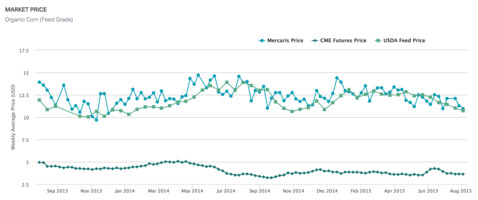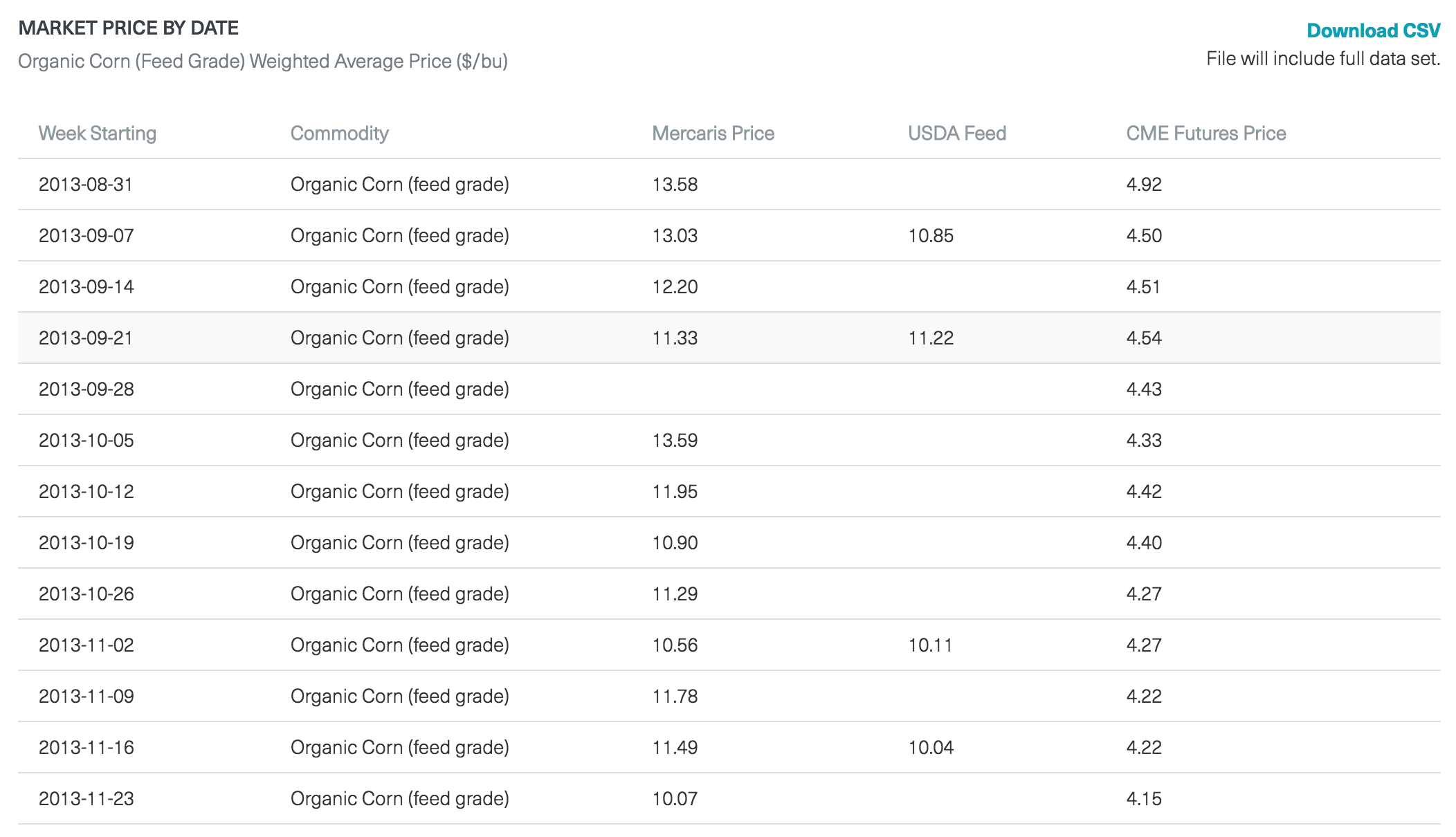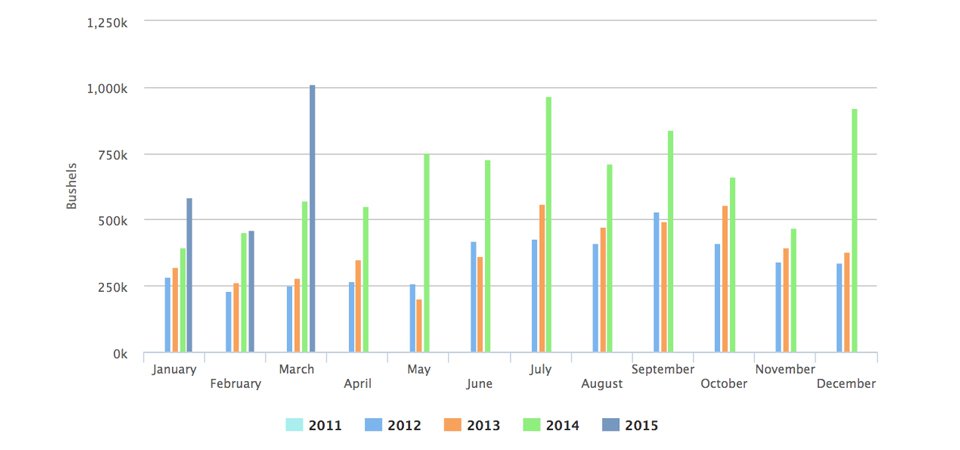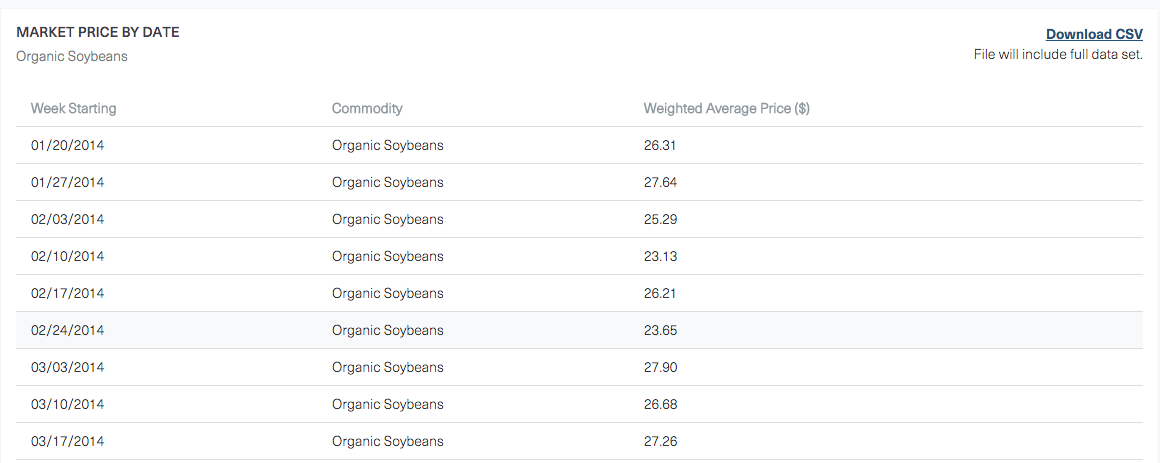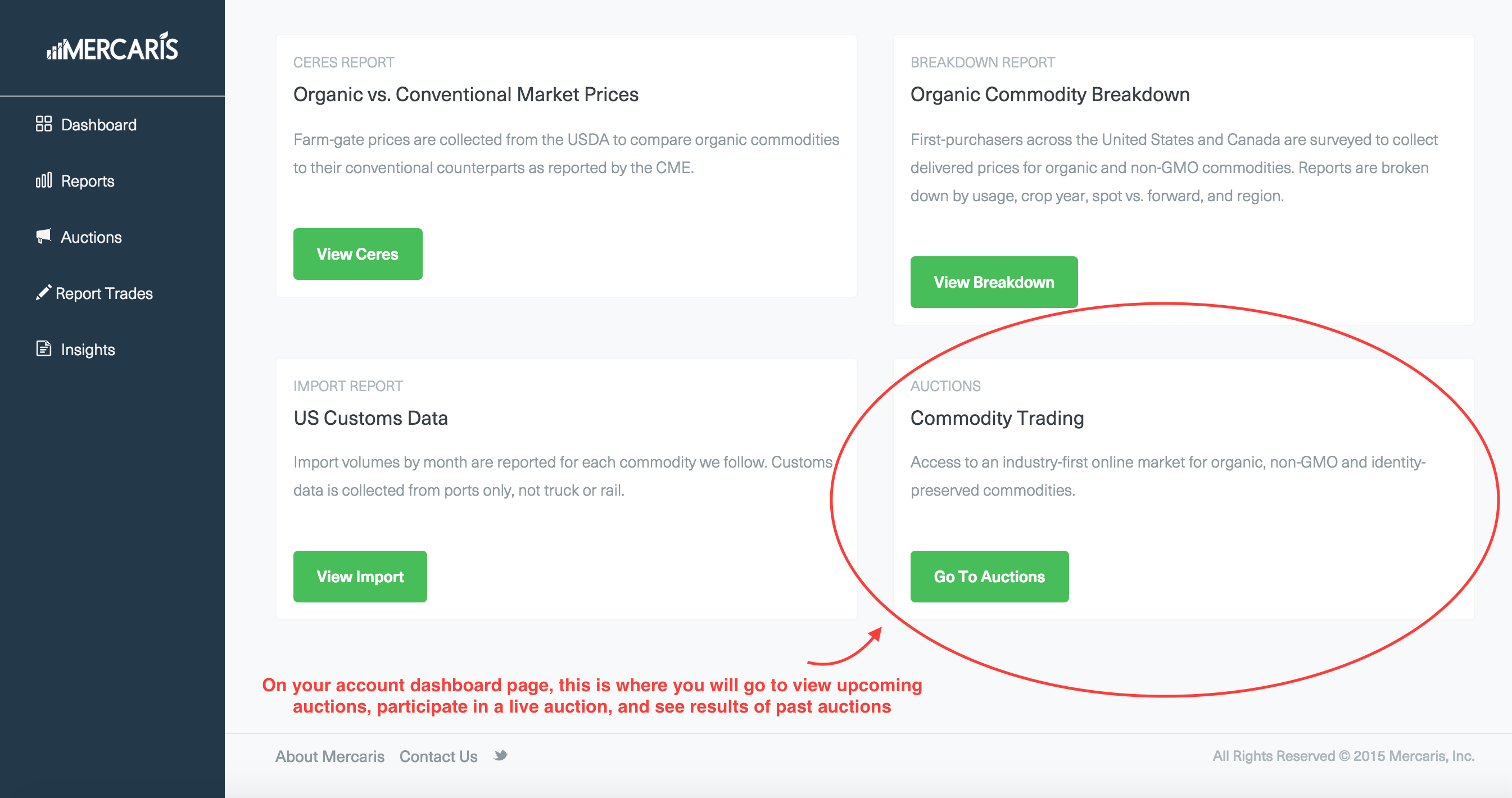Imports play a critical role in today’s U.S. organic grain market. Even though they expose U.S. grain pricing to the dynamics of other markets, imports also provide some pricing stability by helping the country fulfill its demand for organic grains. Two particular issues connected to organic grain imports, if resolved, can eventually strengthen the U.S. organic grains market as a whole and thus reduce the country’s reliance on imports.
Transitional Program Limbo
Naturally, an increased number of domestic organic grain growers would reduce the country’s reliance on imports. But for farmers seeking to convert their conventional grain operations to organic, a three-year transition period is required by the USDA. During those three years, growers must farm organically, which increases costs and can result in a yield dip. However, they cannot receive an organic certification for their crops during that three-year period, meaning they must increase production costs while continuing to sell their products at conventional market prices. This creates a cost burden not all farming enterprises can manage.
The USDA’s Agricultural Marketing Service attempted to create a transitional organic label with the hopes of encouraging a price premium for farming operations in transition, but that effort ran into legal opposition. Naysayers feared that if transitional organic crops could fetch a price premium, some companies (or even producers) might opt to stay perpetually in the transitional space, therefore weakening organic overall. Additionally, they argued, a transitional label could create consumer confusion. While these are valid points, a middle ground should be found to establish a healthy transitional environment that better encourages growth of the U.S. organic grower market and reduces the country’s reliance on imports.
Currently, these transitional producers are left to try and fetch pricing premiums on their own until they can achieve full organic certification status. This reality is enough to discourage many conventional producers from making the switch to organic grain farming. Some private sector enterprises are piloting their own programs to provide a price premium to support transitional growers. Companies like Kashi, General Mills, and Chipotle have used marketing to incorporate messaging about the transitional ingredients they use and their rationale for purchasing them.
Battling False Labels
In 2017, a Washington Post report revealed what had long been rumored: some imports are being falsely labeled as organic when they actually have not been farmed to organic standards. It’s a controversial topic that can create skepticism about organic products and potentially damage consumer confidence in the organic label.
The further support of international and U.S. certifying agencies can provide some assurances. Strong U.S. certifying agencies, when aligned with equally secure agencies abroad, can support strong certification and enforcement nationally and internationally. While this support may not directly reduce our reliance on imports, certification agency strength, nationally and internationally, can help to minimize skepticism about organic products and the public relations
damage media accounts like the Washington Post story can inflict. Keeping that favorable view of certified organic grains and products goes a long way in maintaining domestic organic crop growth, in general.
Addressing both the validity of organic imports and finding better ways to support transitional growers are keys to helping us meet short- and long-term goals of a healthy, stable U.S. organic grain market.
To learn more about Mercaris research and market insights, read about our team of experts.

